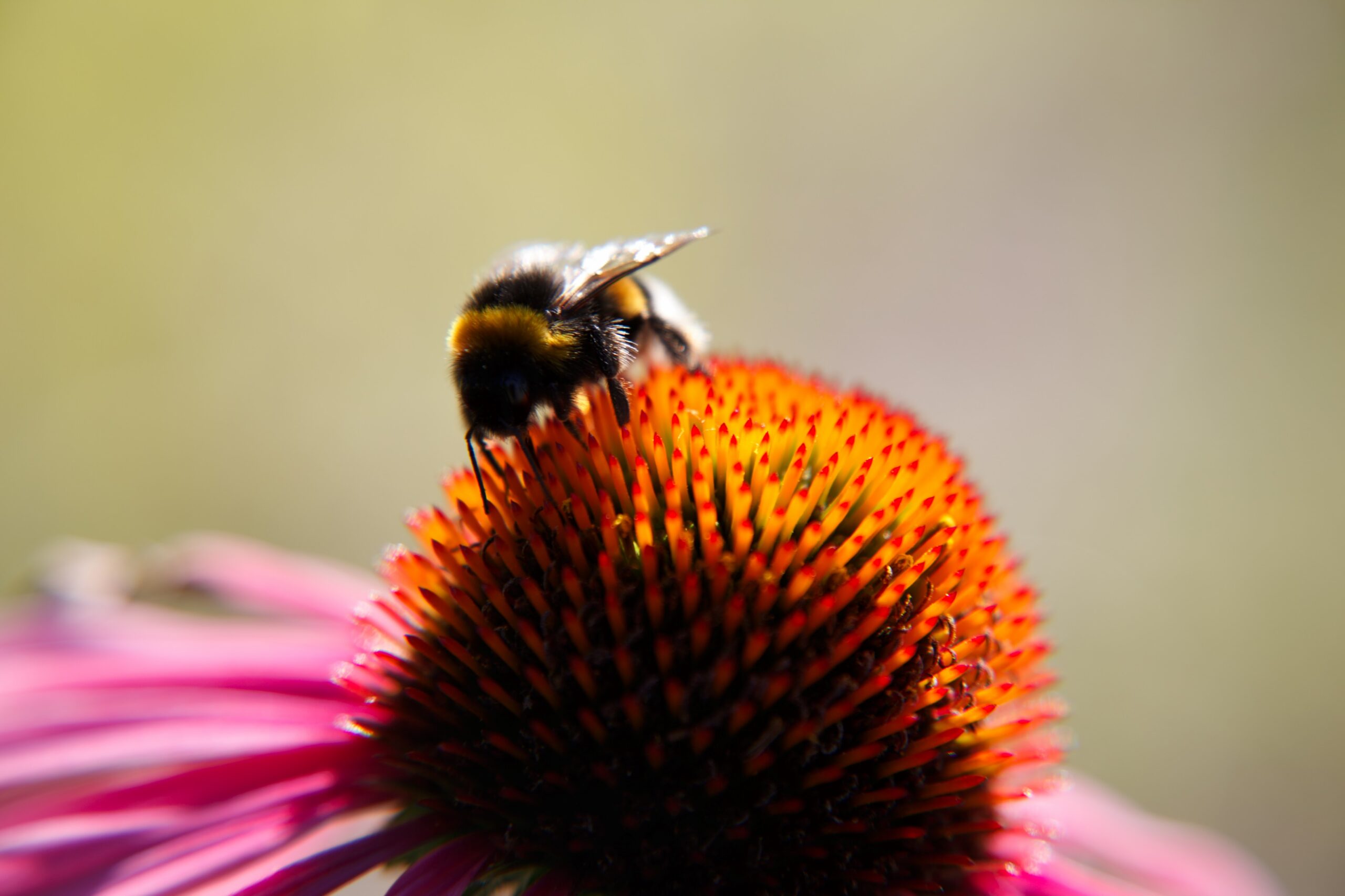Clarifying the Language of a New World
Through the years, many terms have tried to describe humanity’s longing for a system beyond money — a world built on trust, collaboration, and natural balance.
Words like Gift Economy, Local Exchange Trading System (LETS), Resource-Based Economy (RBE), and Natural Exchange System (NES) all point toward this awakening, yet they mean different things. Much of the confusion comes from how we understand one simple word: exchange.
⸻
Gift Economy — The Heart of Giving
The Gift Economy celebrates generosity and connection.
It’s about giving without expectation, trusting that what you contribute will circulate and return in another form, another time.
Its strength is emotional and spiritual — the feeling of community that grows when we stop measuring and start caring.
⸻
The Transitional Bridge
Before moneyless systems could be imagined on a large scale, communities experimented with alternative currencies.
LETS (Local Exchange Trading System) created local credits for goods and services — one person’s debit was another’s credit.
Time Banks traded hours instead of money — one hour of help equaled one hour owed.
The eko-currency of Findhorn is to boost local trade, keep money circulating within the community, and provide low-interest loans to community projects, creating a stronger, more resilient local economy.
All of these were inspiring steps away from national currencies and toward cooperation, yet they still relied on trading — a measured give-and-take, recorded somewhere. Still quid pro quo. They loosened the chains of money somewhat but didn’t yet dissolve them.
⸻
RBE — The Macro Framework
Jacque Fresco and later Peter Joseph proposed the Resource-Based Economy as a scientific redesign of global society.
Here, technology and data guide production and distribution according to human and ecological need, not profit.
It’s the macro-level architecture of a sustainable civilization — the structural intelligence behind abundance.
⸻
NES — The Natural Flow
The Natural Exchange System (NES) brings the heart of the gift economy together with the structure of the RBE.
In NES, exchange doesn’t mean trade — it means flow.
Nature itself is a vast exchange system:
trees give oxygen and receive carbon dioxide, insects collect nectar and pollinate plants — yet no one keeps score.
This is exchange without accounting, reciprocity without debt.
NES mirrors that same principle through intelligent coordination: a world where resources and services move where they’re needed, guided by transparency and awareness rather than price or profit.
⸻
How NES Works — An Example from the World of Waking Up
In the society portrayed in the novel Waking Up – A Journey Towards a New Dawn for Humanity, everyone contributes according to what feels most natural and fulfilling for them.
Someone who loves to cook opens a restaurant.
Another enjoys the rhythm of conversation and service, so they take orders and deliver meals.
No one in that community particularly enjoys cleaning tables or doing dishes — so those tasks are handled by robots and intelligent machines.
NES is a system, like nature, where every part does its thing and is fulfilled in doing it.
Thus, the reward is in the task itself — not in any external monetary lure, but in the joy of meaningful contribution.
Everywhere, the same principle applies:
• People do what brings them joy and meaning.
• Technology quietly fills the gaps where human interest doesn’t reach.
• What needs doing simply gets done.
There are no wages, no hierarchy, and no unemployment — because the motivation isn’t survival or profit, it’s purpose.
That is the essence of NES: a natural coordination between human passion and technological assistance, producing abundance through harmony, not hassle.
⸻
Trading vs. Exchange
The difference between trading and exchange is subtle yet profound.
Trading is conditional — an “if–then” relationship: I give if you give – quid pro quo. It is measured, recorded, and bound by the fear of scarcity. There’s always an expectation, an invisible balance sheet where value is compared, debts are created, and equality must be restored through reciprocal repayment.
Exchange, in its natural sense, is something entirely different. It’s not calculated; it’s circulatory. In nature, all parts contribute to the whole without question — no one keeps track. It is a flow, not a deal. When humans live by natural exchange, giving and receiving become part of the same movement, and the joy lies not in what we get, but in the aliveness of participation itself.
⸻
The True Gift Economy
If the Gift Economy is the heart,
and the RBE is the brain,
then the NES is the living organism where both unite — the true gift economy, not symbolic or experimental, but natural.
No credits, no tokens, no trade — just conscious flow.
⸻
In Summary
• Gift Economy – the feeling of giving and trust.
• LETS / Eko/Time Banks – transitional models still based on accounting.
• RBE – the framework for global coordinated abundance.
• NES – the integration where nature’s effortless exchange becomes humanity’s way of life.
They’re not competing ideas but evolutionary steps in remembering how to share — moving from measured trade to natural flow, from scarcity to trust, from economy to ecology.
⸻
Written by Harald Sandø, author of Waking Up – A Journey Towards a New Dawn for Humanity,
a novel exploring a future moneyless society guided by trust, collaboration, and natural exchange.


Leave a Reply